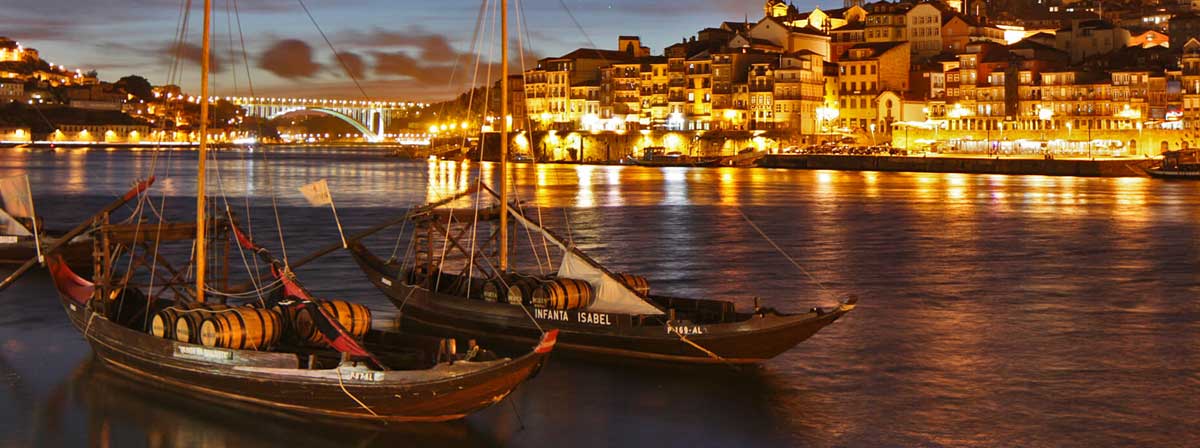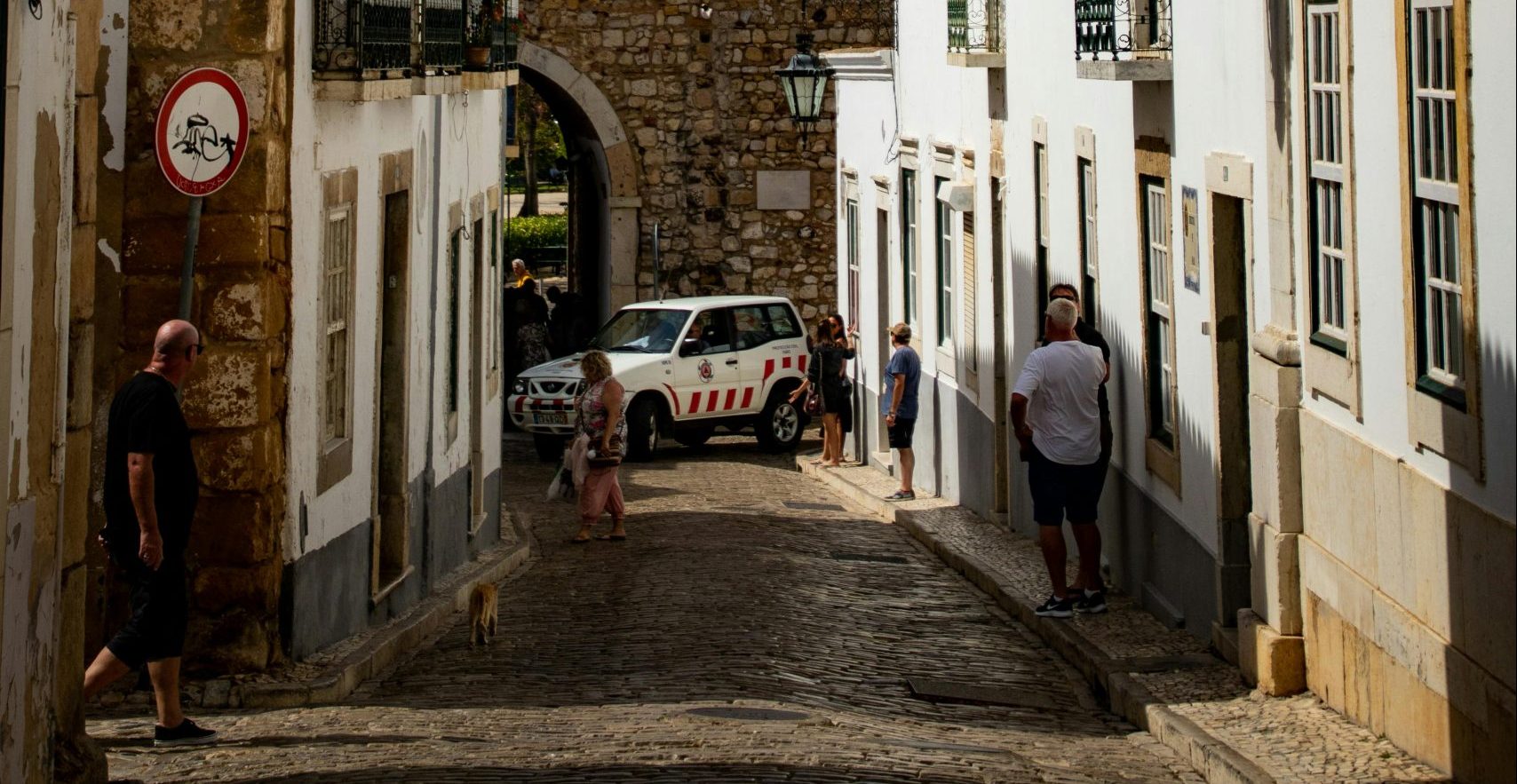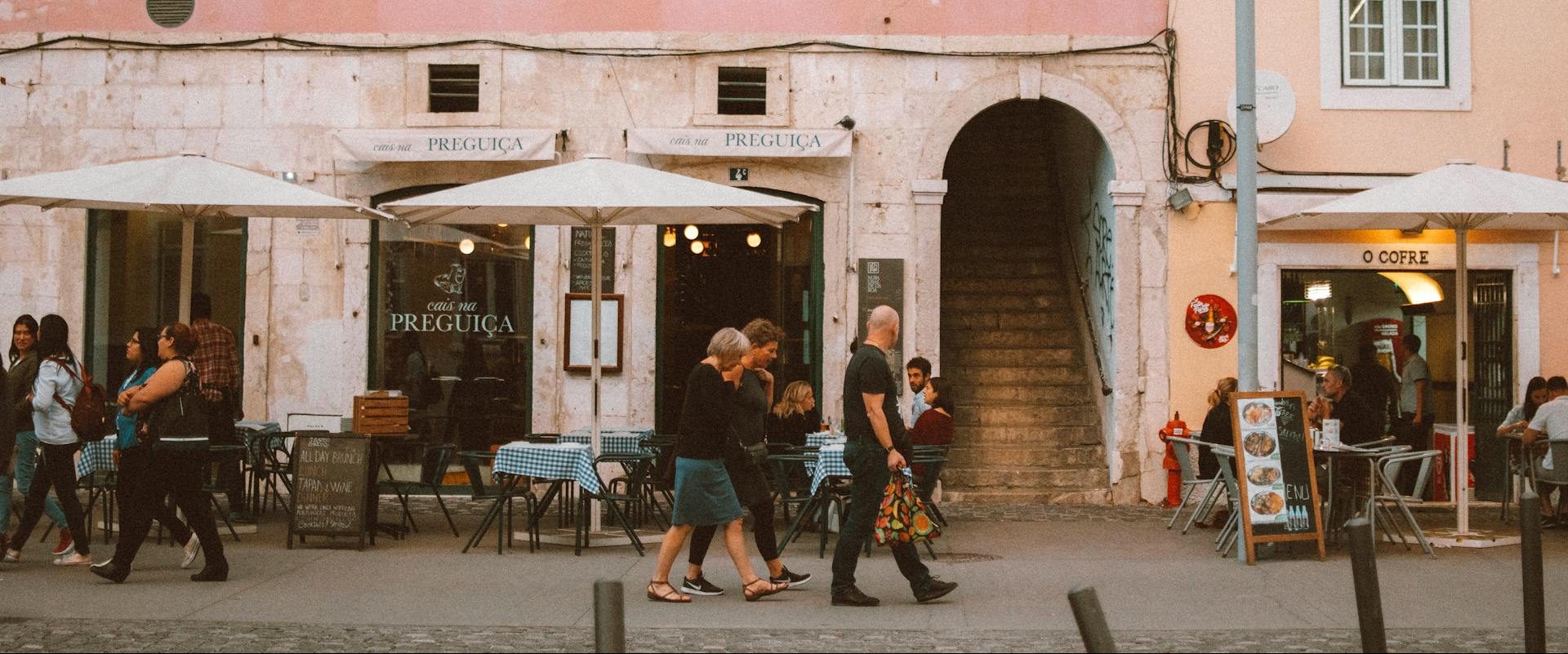
Choosing a car as a mean of transportation in Portugal can be quite safe, as alcohol levels permitted are up to 0.05% and the penalties for exceeding this are severe. Hence you don’t usually see many drunk-drivers. Beware the priority from the right rule, and watch out at roundabouts as the Portuguese signalling is not always what we expect.
To get a flavour of driving in Portugal you might like to visit this website Pinglet in Portugal.
Lisbon airport is 7km from the city centre – about 35 minutes’ drive. There is a special “Aerobus” every 20 minutes from 07:45 to 20:15.
Portugal has an extensive bus system, “Expressos” – comfortable and fast, “Rapidas” – fast regional buses and the stopping often “Carrieras” (which actually means “in a hurry”). Prices are reasonable, getting a ticket usually no problem and there are good discounts for seniors and under 26-year-old.
Trains tend to be cheaper and slower than the express buses. You can find travel information at CP.pt
The Portugal is famous for it’s Atlantic coastline water sports. And even though it thrives with touristic means of aquatic travel, the usual day-to-day water transportation in Portugal is pretty rudimentary, if not trifling part of the sector. Apart from river crossing ferries the only other form of water transport are the river cruises.
Check the prices of removals to Portugal.
 Why Are Italians Moving to Portugal?
Why Are Italians Moving to Portugal?Why Are Italians Moving to Portugal? In recent years, many Italians have decided to leave their homeland and…
 What is Expat Burnout? Causes, Symptoms, and Solutions
What is Expat Burnout? Causes, Symptoms, and SolutionsWhat is Expat Burnout? Causes, Symptoms, and Solutions Expat burnout, often referred to as expatriate burnout, is a…
 Moving Abroad and Leaving Pets Behind
Moving Abroad and Leaving Pets BehindMoving Abroad and Leaving Pets Behind Relocating to a new country often brings excitement but can also involve…
 Where is the best place for the elderly to live in Europe?
Where is the best place for the elderly to live in Europe?Where is the best place for the elderly to live in Europe? Moving abroad presents opportunities and challenges,…